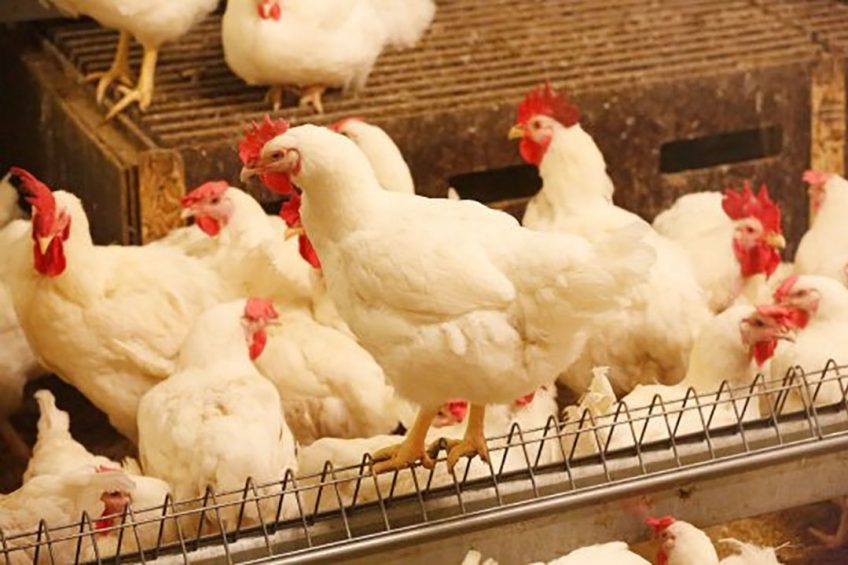Gene study to investigate how flu jumps species

A new study will aim to identify the genes that are important in reducing infection by Influenza A virus in pigs and chickens, and genes that limit the spread of the virus to people.
Jumps to new species are relatively rare because the virus has to adapt to the new species and because a specific ‘arm’ of the immune system – called the host interferon response – represents a significant barrier to the virus spreading from animals to people.
The study will investigate which genes are important for inhibiting replication of Influenza A virus in pigs and chickens and which genes of the host interferon response limit the spread of the virus from animals to people.
The research, which will receive over £750,000 from the UK Government’s Biotechnology and Biological Sciences Research Council, hopes to improve understanding of how to combat influenza strains.
The Roslin Institute’s Dr Finn Grey will lead the research. She said: “Research of livestock influenza infections is critically important, both in terms of economic burden and the potential for pandemic human outbreaks.
“This research, along with the recent development of genome wide CRISPR libraries for livestock species, places The Roslin Institute at the forefront of cutting edge systematic approaches in livestock species.”
Work will be conducted in collaboration with Roslin scientists Professor Paul Digard, Dr Kenneth Baillie and Dr Jacqueline Smith as well as Dr Sam Wilson from the Centre for Virus Research of the University of Glasgow.












